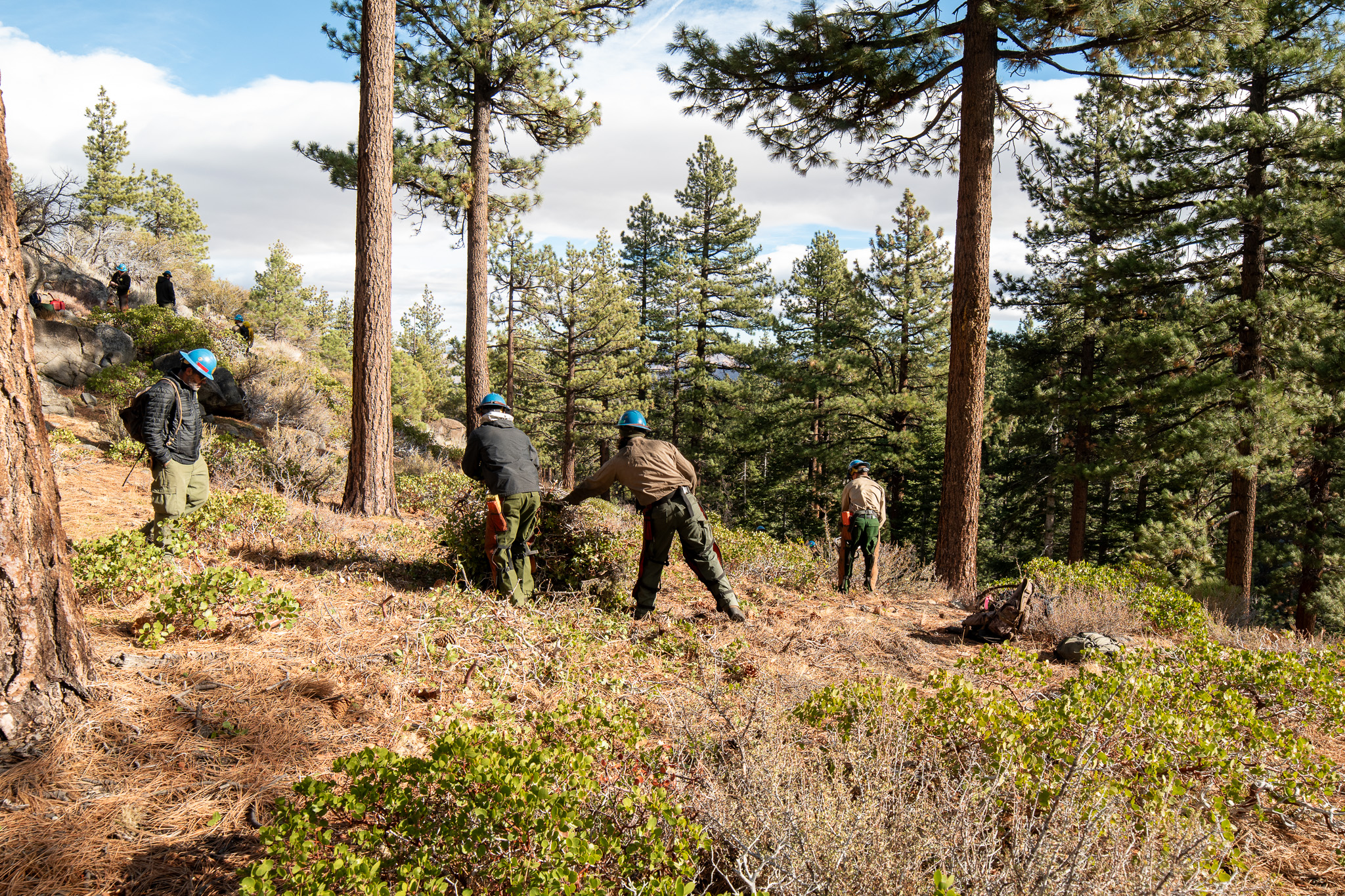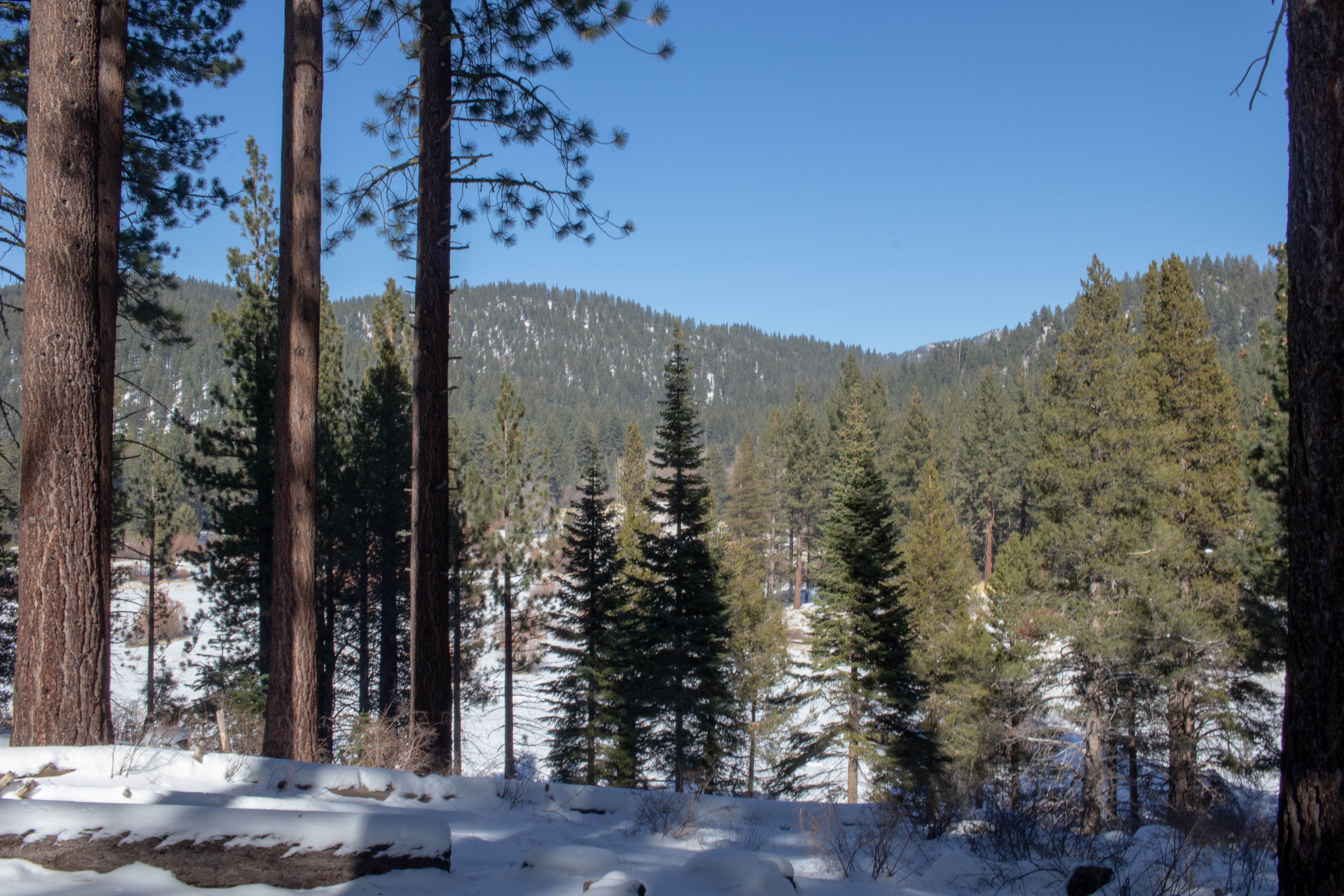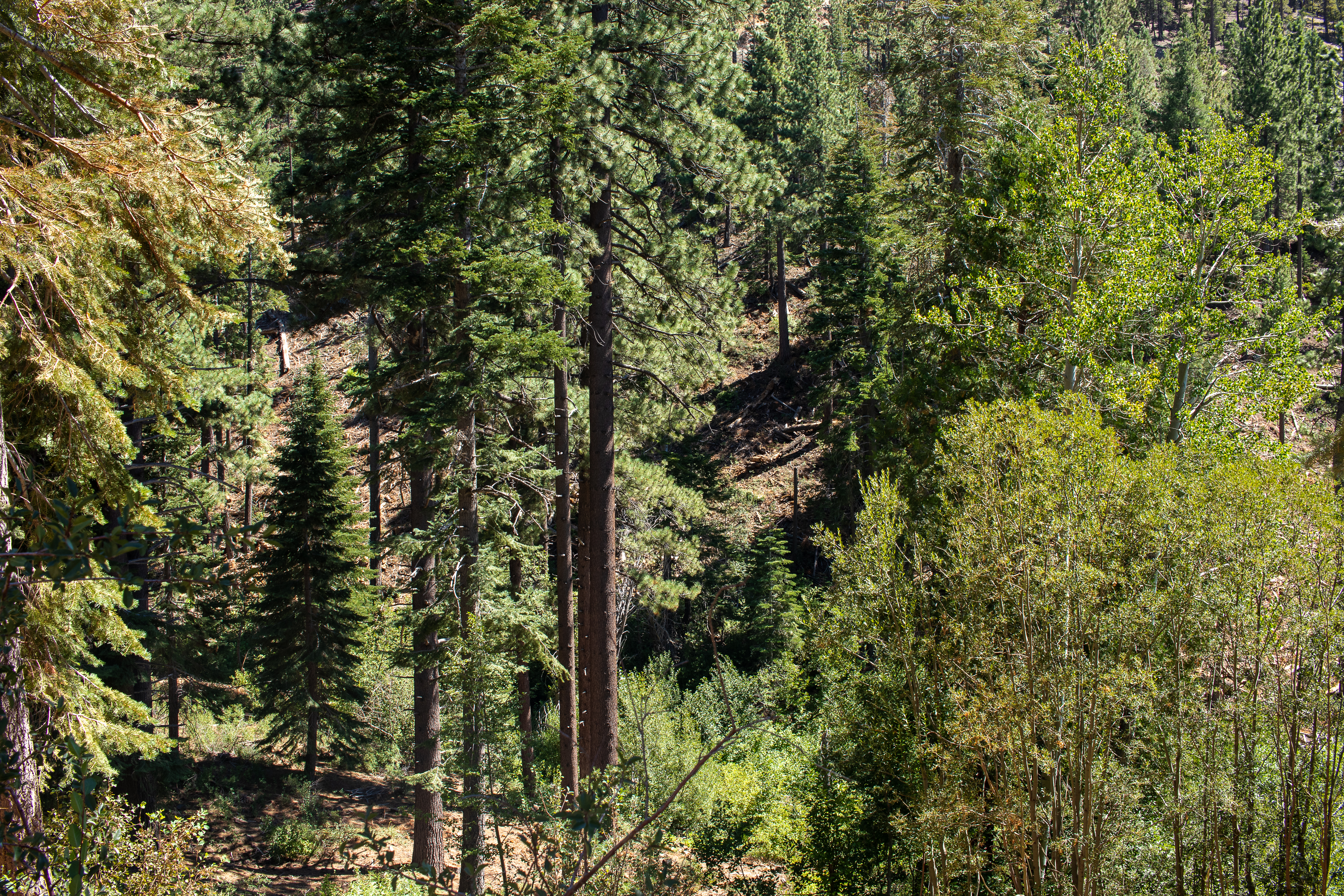Threatened & Endangered Species
Nevada Revised Statute (NRS) 527 requires NDF to maintain and hold meetings about the protection and preservation of timbered lands, trees and flora.
The Nevada Natural Heritage Program (NNHP) is currently tracking over 600 species on either the tracking list or the watch list. Species placed on the tracking list are those species that NNHP actively maintain inventories for. Species placed on the watch list are those species that are considered to be of long-term concern.
Grant Opportunities
The Endangered Plant Species Conservation program provides pass-through funding for the planning, conservation, disturbance mitigation, research, propagation and management of federally listed or candidate species under the Endangered Species Act.
Critically Endangered Species
The economic growth of the State of Nevada has been attended with some serious and unfortunate consequences. Nevada has experienced the extermination or extirpation of some of her native species of flora. Serious losses have occurred and are occurring in other species of flora with important economic, educational, historical, political, recreational, scientific and aesthetic values.
The people of the State of Nevada have an obligation to conserve and protect the various species of flora which are threatened with extinction.
The purpose of NRS 527.260 to 527.300, inclusive, is to provide a program for the conservation, protection, restoration and propagation of selected species of flora and for the perpetuation of the habitats of such species.
- State list of fully protected species of critically endangered native flora (Link)
- Steamboat Buckwheat Management Area (PDF)
Nevada Native Plant Laws
Reference - NRS 527.050 through 527.120
Written Permission of the landowner is required to take any plants from any lands, public or private, in Nevada. Such permission must specify the legal location of the land and the number of plants authorized to be taken.
Registration with the Nevada Division of Forestry is required at least 10 days before plants are to be removed from non-federal lands for commercial purposes. Notarized signature of the landowner is required, and the “harvester” must have a copy of the approved registration in his possession
Commercial purposes is defined as the removal or possession of six or more cacti and/or yucca (including joshua trees) in any one calendar day, or removal or possession of one or more plants for seven consecutive days.
Tags issued by the Nevada Division of Forestry or U.S. Bureau of Land Management must be properly attached to each plant with a special cord and locking seal, so that the tag cannot be removed without cutting the cord or breaking the seal. Desert flora tags may not be reused and may not be removed until after planting by the final owner, who retains the tags. (Plants that are propagated at local nurseries from cuttings or seed do not require tags.)
Shipping Permits issued by the Division of Forestry are required to transport Nevada cacti or yucca for commercial purposes within or out of the state of Nevada. The shipping permit should include the tag numbers of the plants in the shipment and have the current date approved for shipment.
Plants from other states must be accompanied by a valid shipping permit issued by the originating state (e.g. Arizona, California), or, if that state does not require a shipping permit (e.g. Utah), by a notarized permit or contract from the legal landowner, specifying the origin of the plants by legal land description and the number and kinds of plants in the shipment.
Certificate of inspection issued by the Department of Agriculture of the originating state is also required for any plants entering Nevada.
Arizona and California plants must also have properly attached tags and seals issued by the appropriate Agriculture department. (California does not issue permits for saguaro or barrel cacti. Arizona also issues blue seals with no tags for plants collected from landscape settings rather than the wild).
Violations may result in confiscation of plants, fines and/or jail for each offense.
Nurseries and buyers should inspect and keep copies of all required documents and invoices or bills of sale when purchasing desert plants.
Please call the Division of Forestry with questions or to report violations: (702) 486-5123.



